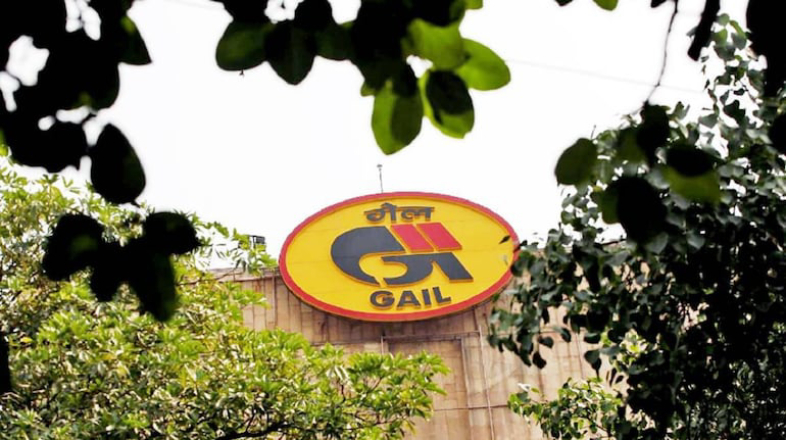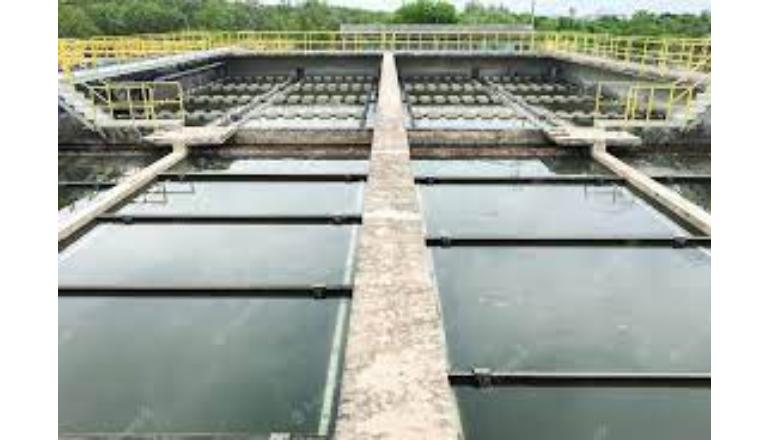As India plans its carbon tax, it is likely to accept the EU’s Carbon Border Adjustment Mechanism (CBAM)
India is set to comply with the EU’s default carbon emissions calculations during the transition phase (Jan 2024-June 2024) of CBAM.
CBAM mandates nations to process values for calculating carbon emissions during the production of identified polluting items. India’s steel and aluminum industries may face additional levies of 20-35% if they don’t comply with EU standards. Little wonder, the new mandate may pinch the Indian exporters from sectors such as steel, cement, aluminum, and fertilizer. That doesn’t mean the sectors are insulated, they also will have to follow suit soon.
Meanwhile, India is planning its carbon tax, particularly for exports to European nations.
India, which has set a target to achieve net zero by 2070, aims to reduce the total projected carbon emissions by one billion metric tons and reduce the carbon intensity of its economy by at least 45 percent, by 2030.
It must be noted that CBAM was implemented on October 1, 2023, to increase carbon pricing for EU-produced goods, aiming to level the playing field between EU producers and international competitors.
Carbon taxes on carbon-intensive goods covered under CBAM will not kick in before 2026 and thus EU-based importers only need to report data on the embedded emissions only till the end of 2025.
Also, as of today, India does not have a carbon verification and accreditation system. This may make it difficult for the country to determine its emissions. During the transition, using the EU’s default value for emissions could be more prudent.











